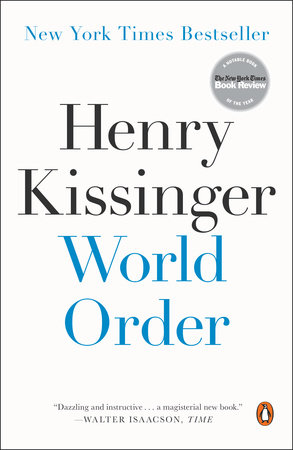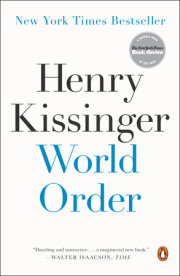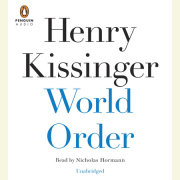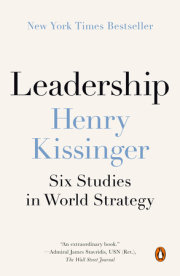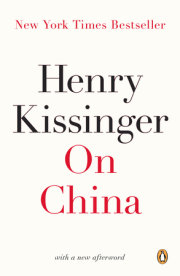INTRODUCTION
The Question of World Order
IN 1961, as a young academic, I called on President Harry S. Truman when I found myself in Kansas City delivering a speech. To the question of what in his presidency had made him most proud, Truman replied, “That we totally defeated our enemies and then brought them back to the community of nations. I would like to think that only America would have done this.” Conscious of America’s vast power, Truman took pride above all in its humane and democratic values. He wanted to be remembered not so much for America’s victories as for its conciliations.
All of Truman’s successors have followed some version of this narrative and have taken pride in similar attributes of the American experience. And for most of this period, the community of nations that they aimed to uphold reflected an American consensus—an inexorably expanding cooperative order of states observing common rules and norms, embracing liberal economic systems, forswearing territorial conquest, respecting national sovereignty, and adopting participatory and democratic systems of governance. American presidents of both parties have continued to urge other governments, often with great vehemence and eloquence, to embrace the preservation and enhancement of human rights. In many instances, the defense of these values by the United States and its allies has ushered in important changes in the human condition.
Yet today this “rules-based” system faces challenges. The frequent exhortations for countries to “do their fair share,” play by “twenty-first-century rules,” or be “responsible stakeholders” in a common system reflect the fact that there is no shared definition of the system or understanding of what a “fair” contribution would be. Outside the Western world, regions that have played a minimal role in these rules’ original formulation question their validity in their present form and have made clear that they would work to modify them. Thus while “the international community” is invoked perhaps more insistently now than in any other era, it presents no clear or agreed set of goals, methods, or limits.
Our age is insistently, at times almost desperately, in pursuit of a concept of world order. Chaos threatens side by side with unprecedented interdependence: in the spread of weapons of mass destruction, the disintegration of states, the impact of environmental depredations, the persistence of genocidal practices, and the spread of new technologies threatening to drive conflict beyond human control or comprehension. New methods of accessing and communicating information unite regions as never before and project events globally—but in a manner that inhibits reflection, demanding of leaders that they register instantaneous reactions in a form expressible in slogans. Are we facing a period in which forces beyond the restraints of any order determine the future?
Copyright © 2014 by Henry Kissinger. All rights reserved. No part of this excerpt may be reproduced or reprinted without permission in writing from the publisher.

